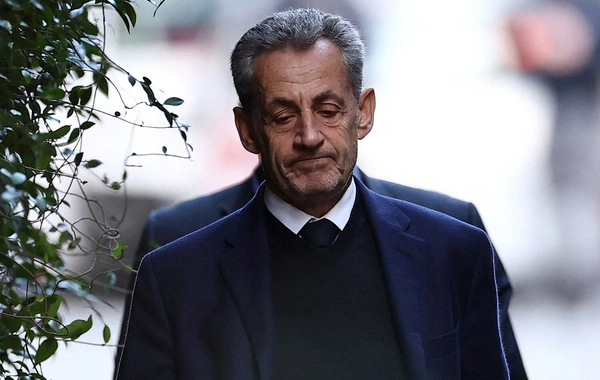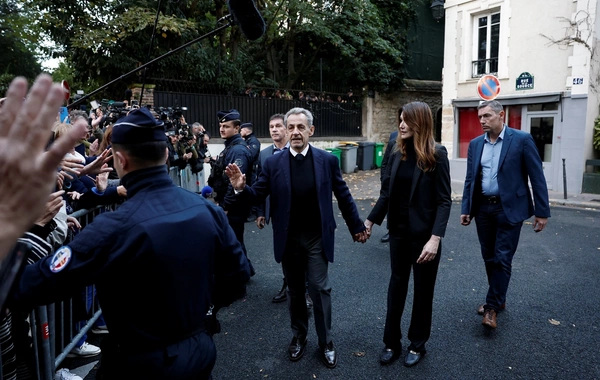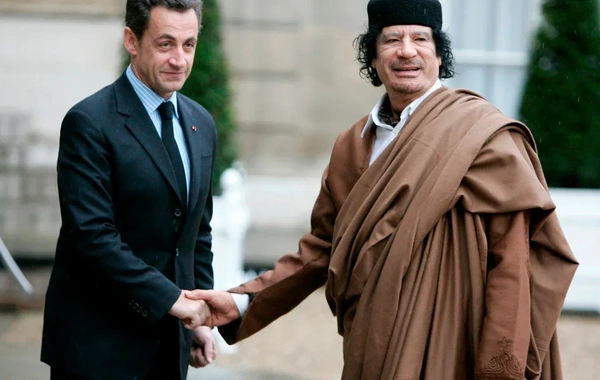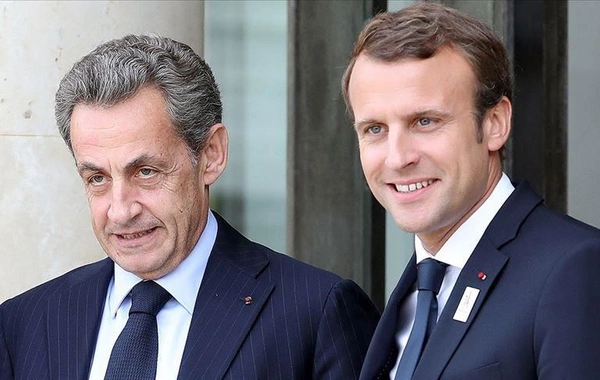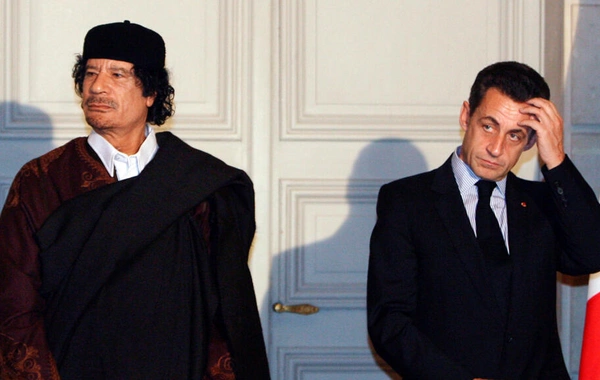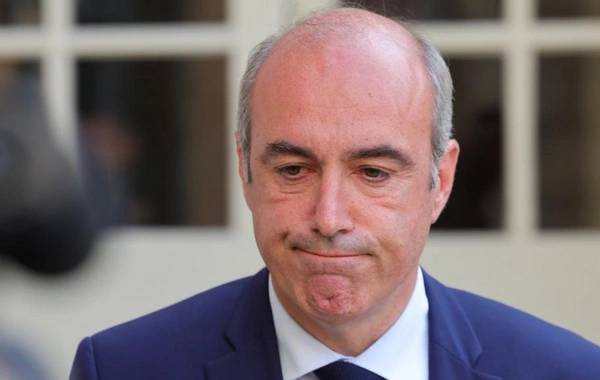Nicolas Sarkozy
Nicolas Sarkozy
Nicolas Sarkozy is one of the most prominent and controversial figures in modern French political history. His path from mayor of an affluent suburb to the Élysée Palace was rapid, and his presidential term (2007-2012) was marked by large-scale reforms and an active foreign policy. However, after leaving office, his name became associated with high-profile legal proceedings, culminating in a guilty verdict delivered on September 25, 2025.
The Path to Power
Nicolas Paul Stéphane Sarközy de Nagy-Bocsa was born on January 28, 1955, in Paris to an international family. His father, Pál Nagy-Bocsa Sárközy, was a Hungarian aristocrat who left the country after the communists came to power, and his mother, Andrée Mallah, was the daughter of a Greek Jew who converted to Catholicism. His parents divorced when he was a child, and he was largely raised by his Gaullist grandfather. It was during this time that the future president developed firm political convictions and a drive for success, which he later attributed to humiliations experienced in childhood.
Sarkozy's political career began early. In 1983, at the age of 28, he became the mayor of Neuilly-sur-Seine, one of France's wealthiest towns, and held this position for almost 20 years. His energy and work ethic quickly became noticeable in the highest echelons of power. He held key ministerial posts: Minister of the Interior (twice), Minister of Finance, and was chairman of the ruling Union for a Popular Movement (UMP) party.
In 2007, he won the presidential election, securing 53.06% of the vote in the second round and defeating socialist candidate Ségolène Royal.
Five Years in the Élysée Palace
Sarkozy's presidency coincided with a difficult period: the 2008 global financial crisis, the war in Georgia, and the Arab Spring. He proved to be an active and dynamic leader:
-
Domestic Policy: He initiated a pension reform (2010) and a university reform. His management style, more direct and informal, contrasted with that of his predecessor, Jacques Chirac.
-
Foreign Policy: Sarkozy played a key role in resolving the war in Georgia (2008), facilitated France's return to NATO's military command structure (2009), and was one of the initiators of the international intervention in Libya in 2011.
His personal life was also in the spotlight: in 2008, while already president, he married the famous singer and model Carla Bruni.
In 2012, Sarkozy lost the election to socialist François Hollande and left the presidency.
Legal Problems and the Historic Verdict
After leaving office, Sarkozy's political career did not end but was overshadowed by a series of legal proceedings. The most high-profile was the so-called "Libyan affair". The investigation alleged that his 2007 election campaign may have been illegally funded by Muammar Gaddafi's regime to the tune of tens of millions of euros.
On September 25, 2025, the Paris Criminal Court delivered a historic verdict. Nicolas Sarkozy was found guilty of participating in a criminal conspiracy aimed at obtaining financing from Libyan authorities. The court sentenced him to 5 years in prison, a fine of 100,000 euros, and a 5-year ban from holding public office. However, charges of passive corruption and direct illegal campaign financing were dropped due to insufficient evidence.
This verdict was already the third conviction for Sarkozy. In 2021, he was convicted of corruption and influence peddling in the so-called "wiretapping case," and also for exceeding campaign spending limits in the 2012 election.
Nicolas Sarkozy has denied all charges and is expected to appeal the verdict in the "Libyan affair," meaning the final chapter of this legal saga is yet to come. His life and career remain a striking example of a meteoric rise, absolute power, and complex dealings with the justice system.





